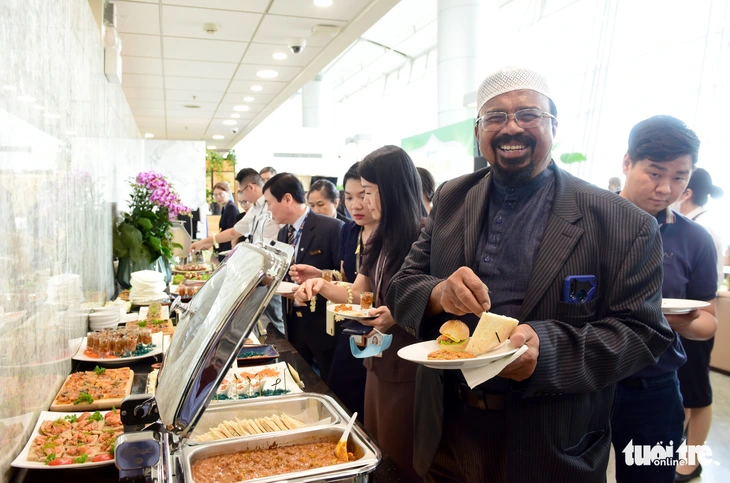
For the first time, Vietnam's airport system has a waiting room dedicated to Muslim guests - Photo: DUYEN PHAN
Quite new in Vietnam, Halal tourism can be understood as Islamic tourism or Muslim-friendly tourism, the services provided are suitable for the specific requirements of Islam.
In Vietnam, Halal services are still not really developed compared to other countries in the region. This is also a factor that makes Vietnamese tourism less attractive to Muslim tourists.
Potential customer stream
Sharing at the workshop "Prospects for developing tourism associated with Halal in Hanoi" on April 15, Mr. Ramlan Osman - Director of Vietnam Halal Center - said that there are currently more than 1.9 billion Muslims, accounting for about 30% of the world's population.
After the COVID-19 pandemic, the number of Muslim tourists traveling increased rapidly, especially the high-spending segment. In 2024, this number is estimated to reach 160 million.
The global Halal tourism market value is estimated to reach 276 billion USD in 2024 and could reach 350 billion USD by 2030.
Currently, many countries around the world have been planning policies, building action programs, and investing in developing Halal tourism to attract this potential source of customers.
Ms. Trinh Thu Ha, principal of Hanoi College of Commerce and Tourism, said that in Southeast Asia, Thailand and Singapore are the countries that attract the most of this type of visitor.
Halal tourism is a potential market that Vietnam needs to proactively approach. Although Hanoi has many strengths in terms of landscape, cuisine and tourism infrastructure, Halal products and services have not been developed synchronously.
To exploit this potential, the orientation of Halal tourism development not only meets market demand but also conforms to world trends in the coming time.
There should be separate standards for tourism services.
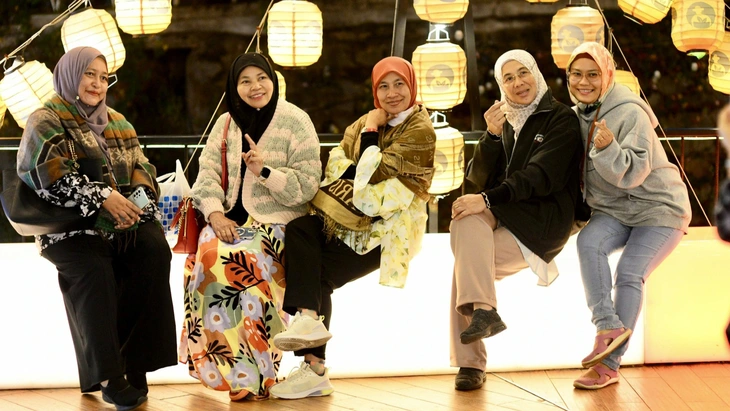
Muslim tourists are a relatively new market for Vietnamese tourism - Photo: QUANG DINH
Mr. Ramlan Osman pointed out that Muslim-friendly tourism needs its own criteria. These include basic criteria such as: Halal food, prayer facilities, Ramadan-related services (fast-breaking meals), privacy in entertainment activities, and family tours.
For accommodation, Muslim hotels should have at least one Halal-certified restaurant, Muslim prayer signs on the ceiling, prayer rugs and Quran, updated information on prayer times, and separate swimming pools and gyms.
In addition, hotels need to have a buffet for Ramadan meals, pre-dawn meals to prepare for fasting days, private prayer rooms, and a Halal inspector.
“Although Vietnamese food is delicious, Muslims cannot eat it, so there needs to be Halal restaurants to serve this type of customer,” Mr. Osman noted.
Mr. Dinh Cong Hoang - Head of the Middle East and West Asia Research Department, Institute of South Asia, West Asia and Africa Studies - pointed out that to welcome this potential stream of visitors, we need a Halal-standard ecosystem. From tourism products, services, infrastructure, human resources to support policies and orientations from the Government.
“Muslims are the fastest growing consumer segment in the world. Any company that is not considering how to serve them is missing out on a significant opportunity to impact both revenue growth and profitability,” said Hoang.
According to Mr. Hoang, 3 cities that can pilot to develop Halal tourism include Hanoi, Ho Chi Minh City and Da Nang. In which, Hanoi is considered the center for Halal tourism because of many advantages: many cultural heritages that attract Muslim tourists, has its own prayer point, Halal standard hotels...
Source: https://tuoitre.vn/du-lich-halal-uoc-dat-350-ti-usd-vao-nam-2030-viet-nam-co-gop-phan-20250415184520746.htm


![[Photo] Prime Minister Pham Minh Chinh chairs a Dialogue with businesses and business associations](https://vphoto.vietnam.vn/thumb/1200x675/vietnam/resource/IMAGE/2025/5/31/b606d6f6ff584fa28af9f353c91bf15d)

![[Photo] Crane falls on container truck and car at traffic construction site](https://vphoto.vietnam.vn/thumb/1200x675/vietnam/resource/IMAGE/2025/5/31/a8d3ae08da324cfe8ee406174c0eacc4)

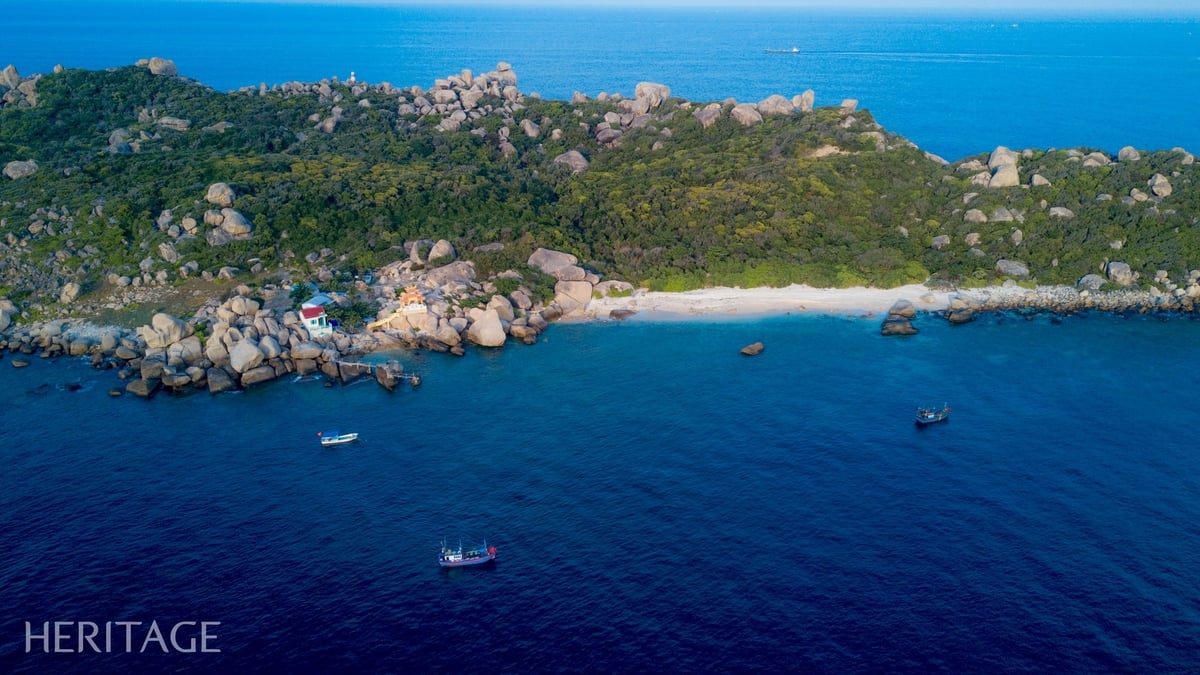
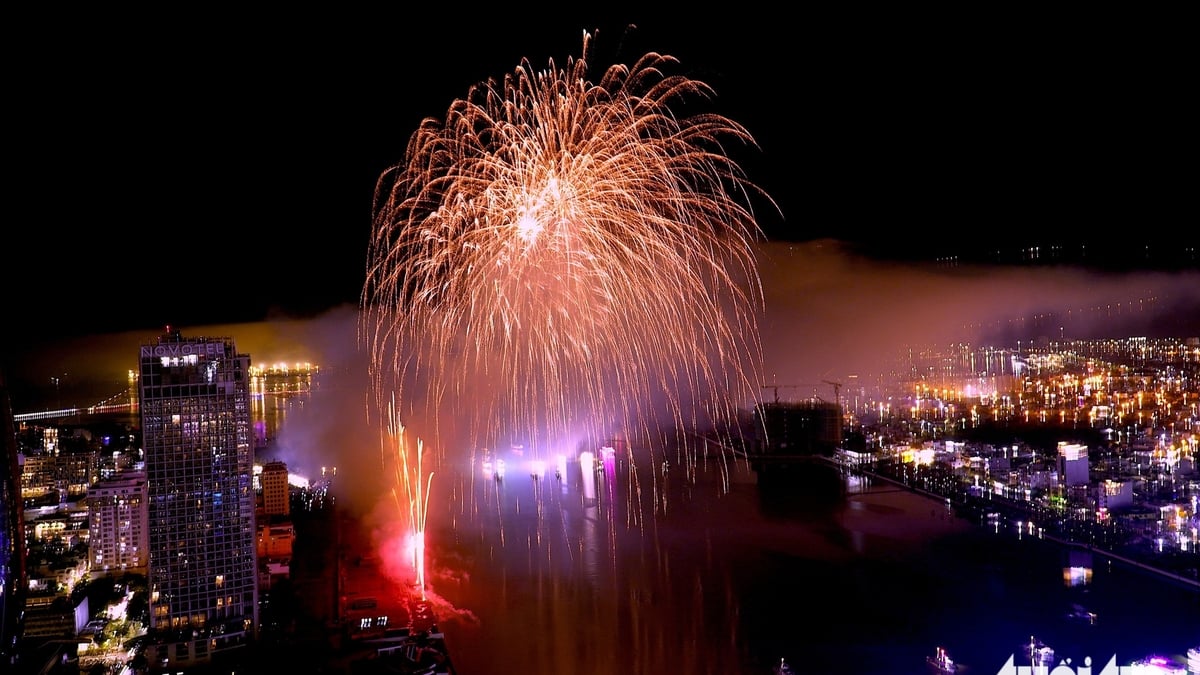
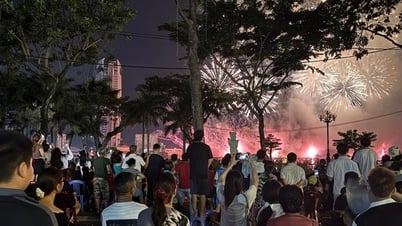



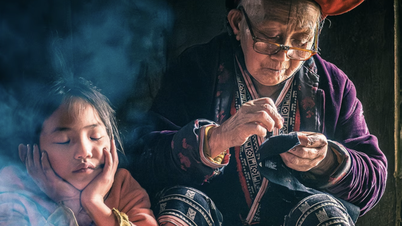
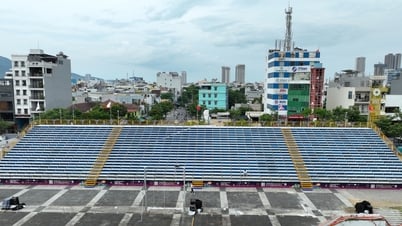
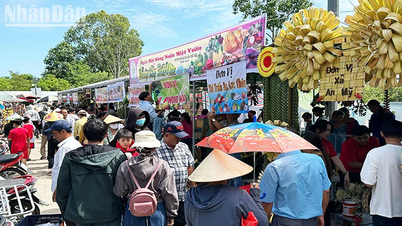











![[Photo] Emotional and proud flag-raising ceremony and military review on Truong Sa island](https://vphoto.vietnam.vn/thumb/1200x675/vietnam/resource/IMAGE/2025/5/31/9b52525fce6f433083cd0a5bfee59f49)
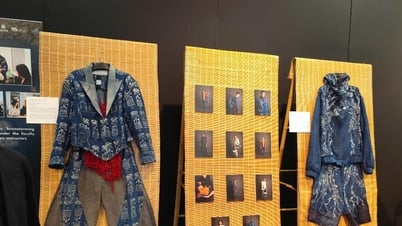


















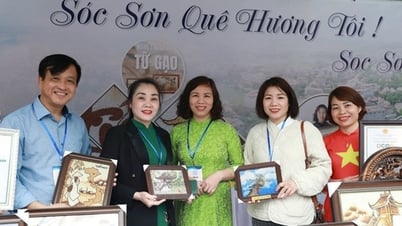







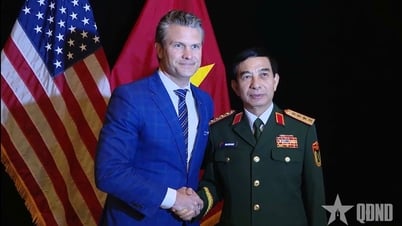





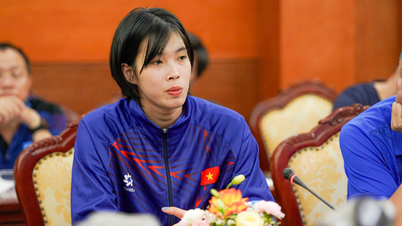






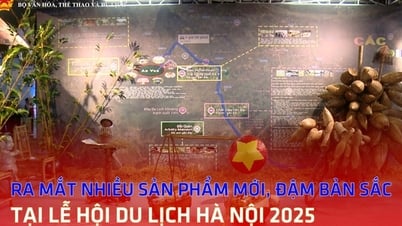
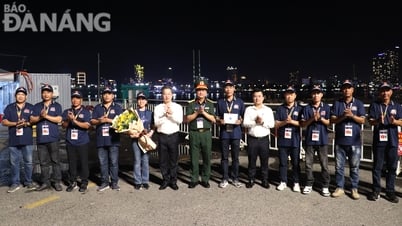

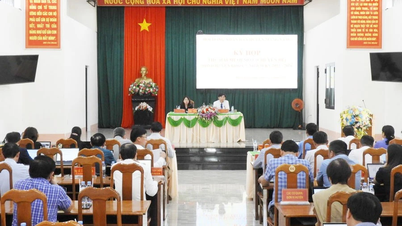

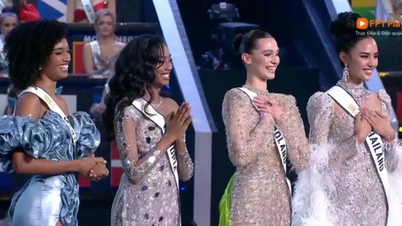

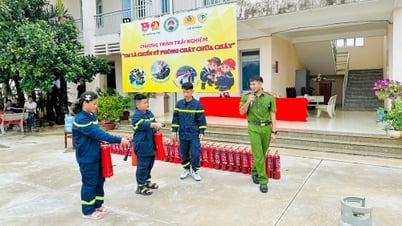













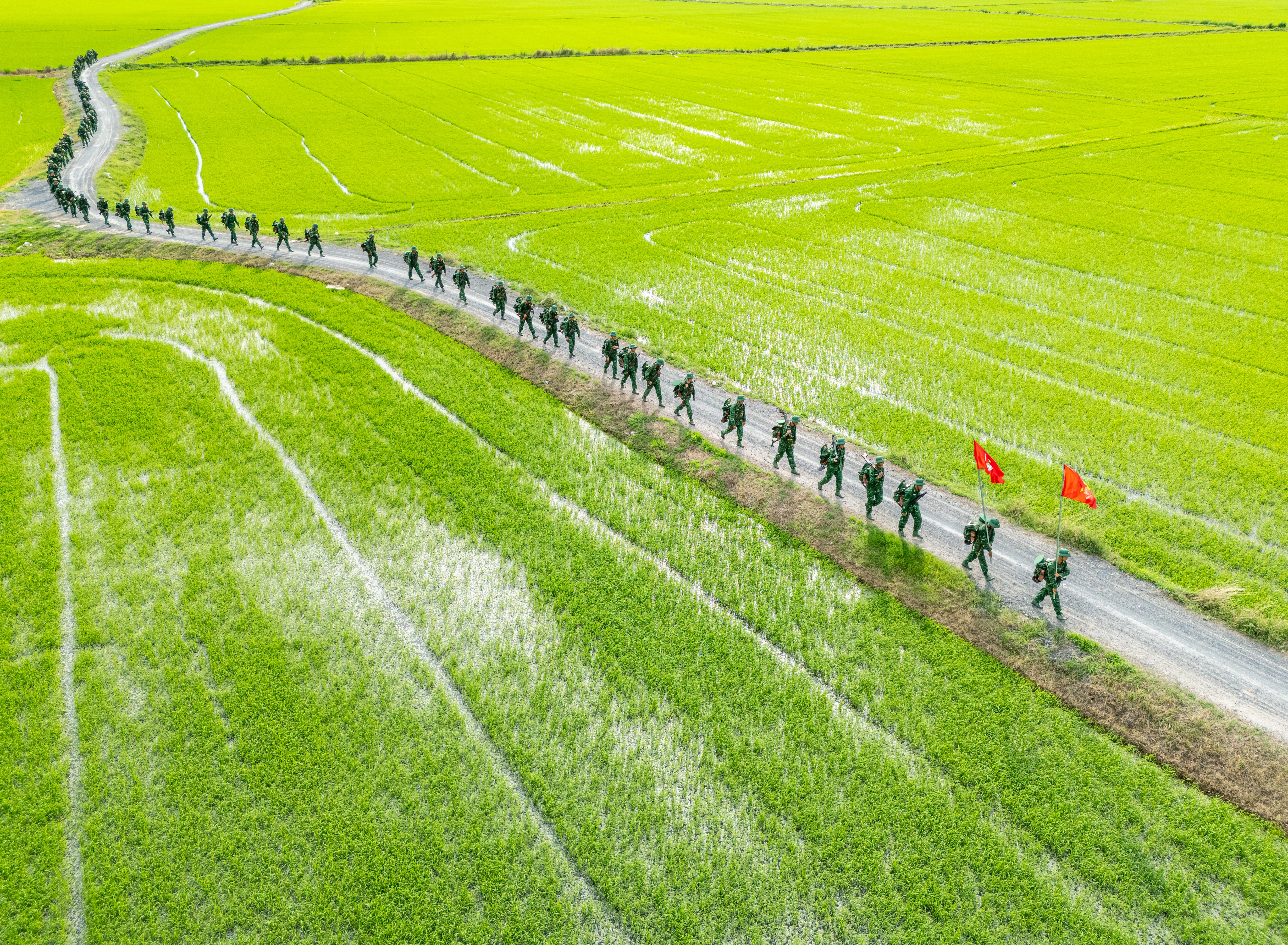



Comment (0)